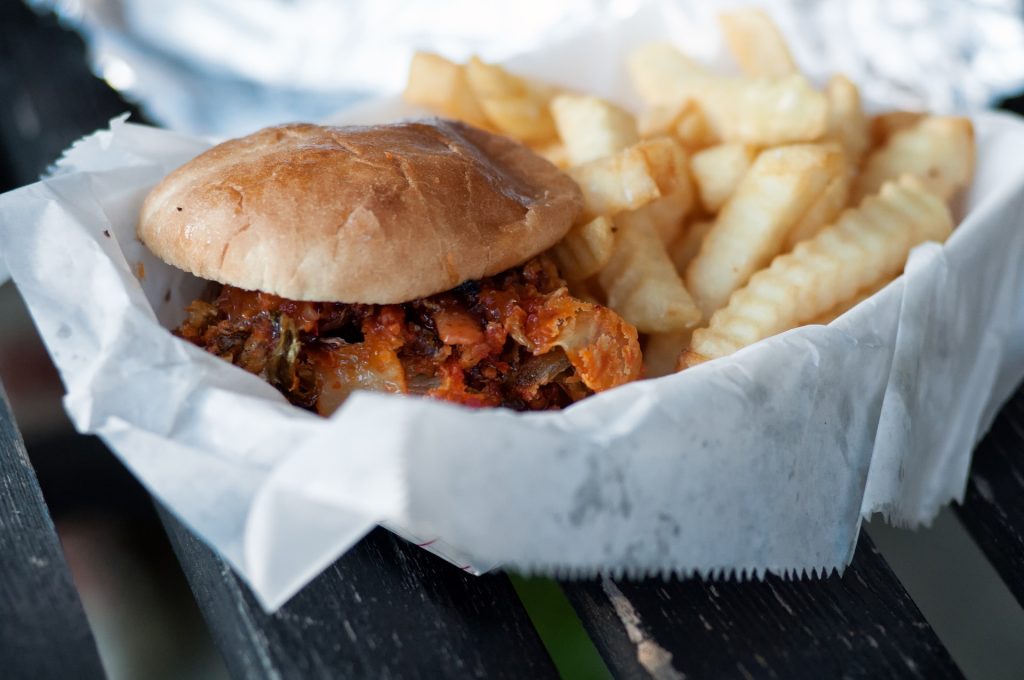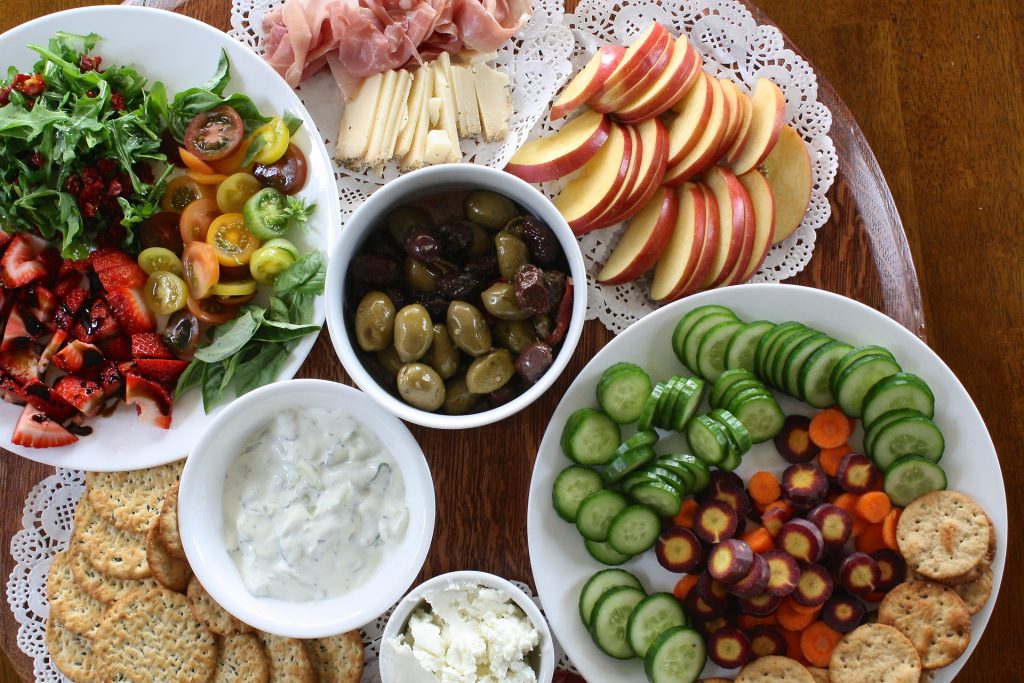
The basic concept behind the cheat meal is that those who are following a high quality diet allow themselves a single meal where they are allowed to abandon their healthy eating habits and to indulge themselves with low quality foods. It is suggested that because the cheat meal is only taken occasionally, perhaps once per week, and that at other times only high quality food is eaten, that the cheat meal is not damaging to the health or the progress of the individual’s fat loss. In recent years the phenomenon of the cheat meal has become more common, although the concept is not new, with cheat meals being used by bodybuilders and other athletes dating back many decades. Although many dismiss that cheat meals are innocuous, and even incorporate them routinely in fat loss programmes, I think that the concept of the cheat meal requires further scrutiny before it can be said if they are free from risks. For this it is important to evaluate both the physical damage they may cause and the psychological implications.

Cheat meals are meals of low quality food that are taken on an infrequent basis. However, cheat meals may cause significant psychological damage to an individual who is attempting to lose weight and for this reason they should not be considered acceptable in any fat loss programme.
In terms of physical damage, it should be remembered that often individuals who are dieting have significant metabolic dysfunction, with insulin resistance at the centre of this dysfunction. Experiments in rats show that insulin resistance can develop through the feeding of fructose in just two weeks from baseline, suggesting that insulin resistance is very quick to develop in mammals. Feeding studies on humans also show that fructose can induce insulin resistance in a few weeks and the damaging metabolic effects of low quality foods may have been underestimated. Feeding individuals with an already existing insulin resistance low quality foods on a weekly basis may therefore still cause further metabolic damage. It is not possible to say from the evidence that a cheat meal would definitely have no negative consequences, and in fact the evidence suggests that it could have a negative effect. Therefore from a physical point of view cheat meals may come with significant negative effects and this may stifle progress.

Cheat meals also raise the suggestion that high quality foods are bland and real satisfaction can only be derived from low quality foods. This is not the case and if these feelings are present the sorts of high quality foods, and how they are prepared should be reevaluated.
However, while the physical effects of cheat meals are difficult to quantify, the psychological implications may be clearer., and perhaps more insidious. Abandoning low quality foods is difficult for some, due to the addictive taste and smell of the food. Just as an alcoholic is encouraged never to consider a single drink once they have quit their habit, an individual should not return to low quality foods, even for one occasion. Continually eating low quality foods, albeit on an infrequent basis, will not allow the taste buds to adjust to the new diet and may instill feelings that the individual wishes to return to old habits. Further, the use of cheat meals downplays the seriousness of the damage caused by low quality food. Lastly, the guilt associated with continually returning to low quality food can significantly psychologically damage an individual who may develop feelings of worthlessness and inadequacy. I would therefore advise against the use of cheat meals mainly from a psychological point of view.
RdB
